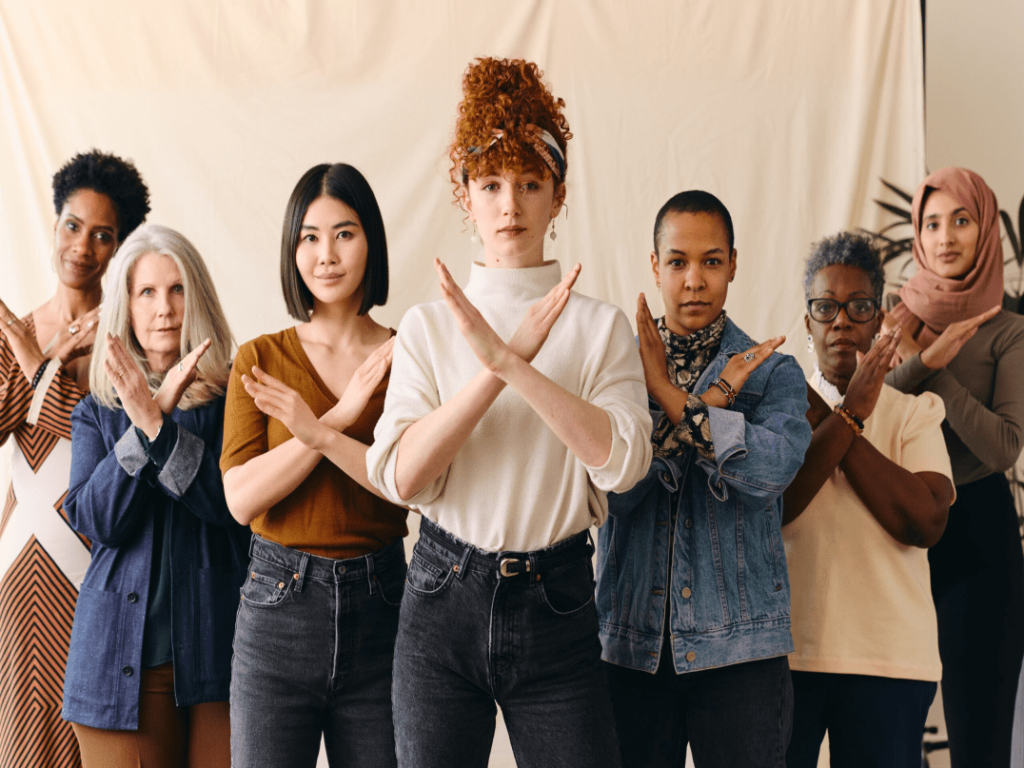No nation in the world can truly say they have wiped out all forms of bias against the female sex. Whether it’s gender equality in North Africa or women’s education in the Middle East, that’s one thing we know for sure. At the same time, however, it’s really not only restricted to one region. Indeed, all regions of the world face certain issues when it comes to trying to promote and advance women’s rights.
Changing Laws and Changing Government
Still, though the region remains volatile, MENA Gender equality profiles show promise about women’s rights in the Middle East. Tunis, Beirut, and Amman have repealed laws that allow rapists to escape justice if they agree to marry their victims. In other MENA countries such as Iraq, Morocco, and Saudi, women make up between 20% and 30% of Parliament. This is higher than some of their Western counterparts such as the U.S., Greece, and Russia, to name a few.
Women’s Education Rights in the Middle East and North Africa
Other areas in which progress has been made is education in the Middle East and female education in Africa. In fact, women often outnumber men in universities of Saudi, the UAE, Jordan, and Kuwait, among others. These women often go on to participate in the workforce, where females have doubled their numbers in Saudi. Likewise, they’ve tripled in the UAE and Oman. In Kuwait, women make up 48% of those who contribute to the local economy. Likewise, in Tunisia, it’s 25%. In Algeria, it’s 17%.
You’ve Come a Long Way, Habibiti…
…but you’ve still got a long way to go. Even though there are those who still like to carry on the stereotyping of Arab women, most people know that these ideas are misleading. They realize that today’s Arab woman is no longer weak, voiceless or oppressed. Those who suffer even more from these labels are Muslim Arab women who choose to wear the headscarf.
Indeed, among women’s rights experts, the links between Islam and women’s rights have long been the topic of widespread debate. Those who know little about Islam say that it is not well-suited for the debate of women’s rights and gender equality. “Islam is hostile towards women,” they say. However, recent research has shown that Arab women do not find Islam stands in their way when seeking equality. In fact, part of the spirit of Islam is the fact that much of it gives women equal rights.
Most Men Back Equality, Too!
The views of Arab men in regards to the status of women have changed a lot, too. In fact, recent studies have shown most men (91%) were in favor of women having equal access to the workforce. Likewise, 78% believe that work conditions should be the same for both men and empower women. Further, half of the men living in places like Egypt and Lebanon think it’s okay if married women work outside the home. Almost three-quarters of the male population of Egypt says women should receive equal pay. What’s more, 86% of Egypt’s men said they wouldn’t mind working with a female colleague.
Indeed, as we celebrate empowering women’s History Month all over the world, we still have work to do. First, we must start by trying to debunk the myths of Arab women. This can only help decision-makers all throughout the region reach a common goal. No longer must they play the ‘name and shame” game. Rather, leaders throughout the MENA region can come together to advance the status of women in the Arab world. Certainly, like Islam, countries must raise the status of empowering women so much that Paradise lies at their feet.
At Kaleela, we believe everyone should have the right to education and that includes learning Arabic language. That being said, are you interested in learning more about Arab culture or the Arabic language? Then start today by visiting our website at kaleela.com and downloading the Kaleela Arabic Language App.
Kaleela – Learn Arabic the Right Way!



